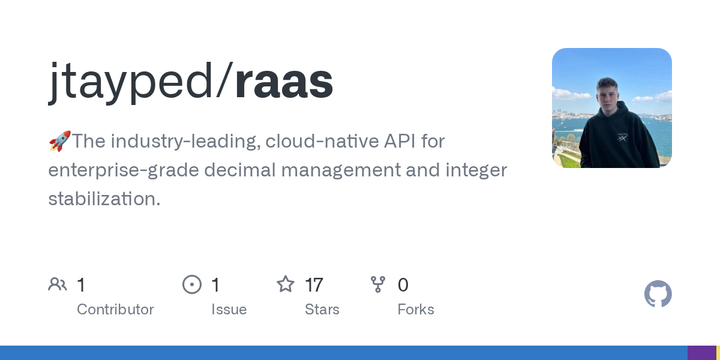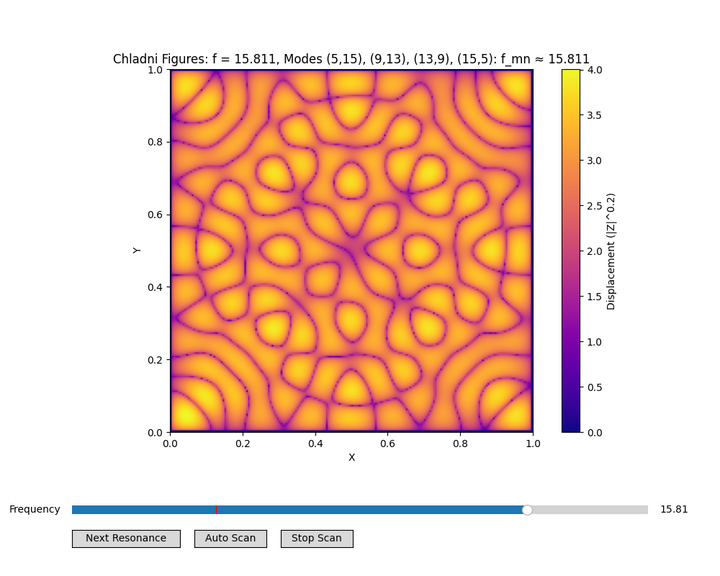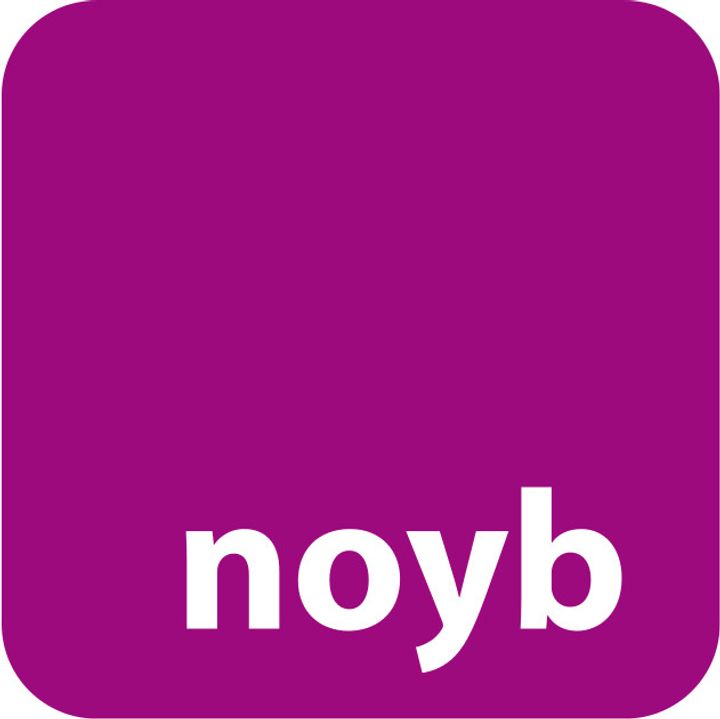
No right to relicense this project
The article discusses an issue with the chardet library, a popular Python module used for character encoding detection. The main point is that the library is unable to detect certain encodings correctly, leading to errors in text processing.

Smalltalk's Browser: Unbeatable, yet Not Enough
The article discusses the strengths and limitations of the Smalltalk browser, a powerful programming environment that is highly capable yet not widely adopted. It highlights the browser's unparalleled features, but also acknowledges the challenges it faces in gaining mainstream popularity.

The Self-Help Trap: What 20 Years of "Optimizing" Has Taught Me
The article discusses the limitations of self-help books and the potential dangers of relying too heavily on them. It suggests that while self-help can be useful, it should be approached with caution and balanced with other forms of personal growth and development.

DOJ proposes policy aimed at limiting state bar ethics probes into its attorneys
The U.S. Department of Justice has proposed a new policy aimed at limiting state bar ethics rules that could restrict federal prosecutors' ability to investigate and prosecute cases. The proposed policy aims to establish a national set of ethics standards for federal prosecutors that would take precedence over state-level rules.

Show HN: Jido 2.0, Elixir Agent Framework
Hi HN!
I'm the author of an Elixir Agent Framework called Jido. We reached our 2.0 release this week, shipping a production-hardened framework to build, manage and run Agents on the BEAM.
Jido now supports a host of Agentic features, including:
- Tool Calling and Agent Skills - Comprehensive multi-agent support across distributed BEAM processes with Supervision - Multiple reasoning strategies including ReAct, Chain of Thought, Tree of Thought, and more - Advanced workflow capabilities - Durability through a robust Storage and Persistence layer - Agentic Memory - MCP and Sensors to interface with external services - Deep observability and debugging capabilities, including full stack OTel
I know Agent Frameworks can be considered a bit stale, but there hasn't been a major release of a framework on the BEAM. With a growing realization that the architecture of the BEAM is a good match for Agentic workloads, the time was right to make the announcement.
My background is enterprise engineering, distributed systems and Open Source. We've got a strong and growing community of builders committed to the Jido ecosystem. We're looking forward to what gets built on top of Jido!
Come build agents with us!

Good software knows when to stop
The article discusses the importance of knowing when to stop developing software, highlighting the need to balance features, complexity, and user experience. It emphasizes that good software prioritizes simplicity, ease of use, and meeting core user needs over endless feature additions.

Noem Can't Explain Why She Hired 8-Day-Old Company for Ad Campaign
The article explores South Dakota Governor Kristi Noem's controversial advertising campaign promoting the state's business opportunities, which has been criticized for potentially benefiting her family's businesses. The campaign's messaging and Noem's personal involvement raise questions about the ethics and transparency of her administration's approach to economic development.

Nike Is Moving Jobs to Low-Wage Regions of Indonesia
The article examines the working conditions and wages of Nike's contract workers in Indonesia, highlighting the disconnect between the company's public commitment to fair labor practices and the low wages and challenging working environment experienced by many factory employees.

Major airline bans 'barebeaters' across all 24 daily flights from UK airports
A major airline has banned 'barebeaters' from 24 daily flights across UK airports, citing concerns over passenger comfort and safety. The policy aims to ensure a more uniform and professional appearance for cabin crew.

The yoghurt delivery women combatting loneliness in Japan
The article explores how a group of women in Japan are combating loneliness in their communities by delivering yogurt to elderly residents, providing not just a daily food delivery but also a social connection and a way to check on the well-being of the elderly.

Show HN: Hormuz Crisis Dashboard Real-time shipping disruption tracker
Built this in ~4 hours with zero coding background. Tracks a few economy angles of the largest acute shipping disruption since WWII.

RasS (Rounding-as-a-Service)
The article details the development of a Rust-based 'Ransomware-as-a-Service' (RaaS) platform, which allows users to create and deploy customized ransomware attacks. The platform provides a range of features for managing and distributing ransomware payloads, with the goal of exploring the technical aspects and security implications of such a system.

BBC says 'irreversible' trends mean it will not survive without major overhaul
The article discusses the upcoming BBC charter renewal, which could lead to a major overhaul of the public broadcaster's funding and structure, including potential changes to the TV license fee and the BBC's independence.

Tim Sweeney signed away his right to criticize Google until 2032
The article discusses a contractual agreement between Tim Sweeney, the founder of Epic Games, and Google, which prohibits Sweeney from publicly criticizing Google until 2032 in exchange for certain benefits. The agreement highlights the complex and often opaque nature of such contracts between tech companies and industry figures.

Gulf insurance costs soar 12-fold despite US president's guarantee
The article explores the potential impact of artificial intelligence on the job market, highlighting concerns about job losses and the need for governments to address the challenges posed by AI-driven automation. It emphasizes the importance of rethinking education and training to prepare the workforce for the changing job landscape.

Every Single Board Computer I Tested in 2025
The article provides an overview of various single-board computers tested in 2025, highlighting their capabilities, features, and suitability for different applications. It offers insights into the advancements and trends in the single-board computer market, helping readers make informed decisions about their technology choices.

Systemic Risk: A 12-Order Cascading Analysis of a Strait of Hormuz Closure
The article discusses the concept of systemic risk, exploring how a seemingly minor event can trigger a cascading 12-order failure across interconnected systems. It highlights the need for understanding and mitigating such risks in complex, interdependent environments like the global financial system.

Show HN: Fast Chladni figure simulation in Python with NumPy vectorization
The article describes Chladni figures, the intricate patterns formed by sand on a vibrating plate. It explains the physics behind their formation and how they were used by scientists in the 18th and 19th centuries to study the modes of vibration in different materials.

Paramount's $110B WBD Deal Backed by Sovereign Funds Raises Soft Power Concerns
Paramount and Warner Bros. Discovery are expanding their presence in the Middle East, with plans to launch new channels and partnerships in the region. The article discusses the potential opportunities and challenges for these media companies as they seek to grow their audience and content offerings in the increasingly competitive Middle East market.

GDPR Omnibus: EU "simplification" far removed from real business needs
The article discusses the European Union's GDPR Omnibus proposal, which aims to simplify data protection rules. However, the author argues that the proposed changes are far removed from the real business needs and could create further complexity for companies.